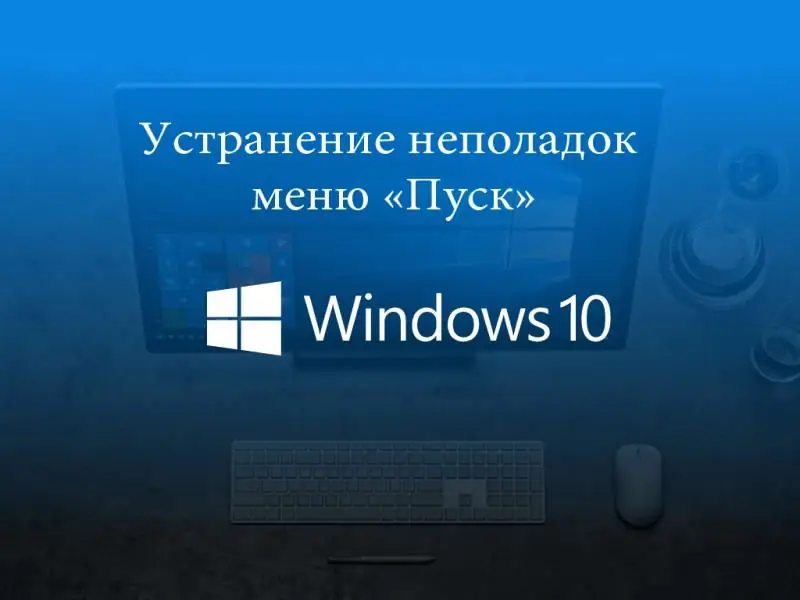
Table of contents:
- Author Bailey Albertson albertson@usefultipsdiy.com.
- Public 2023-12-17 12:53.
- Last modified 2025-01-23 12:41.
Cremation in Orthodoxy: a sin or not?

Not all people dream of being buried in the ground after death. Many people prefer cremation, that is, burning the body. But if a person was a believer, the question may arise: is it not forbidden in Orthodoxy, is it not considered a sin?
How in Orthodoxy treat cremation
People began to burn bodies many centuries ago: the first mentions of the ritual date back to Ancient Rome and Ancient Greece. But it was with the advent of Christianity that cremation was forgotten, because from the point of view of religion, this ritual was considered barbaric. Crematoria began to appear again in Europe only in the 18th century.
In the sacred books there are no exact instructions on how to bury a person. In the New Testament, there is only a requirement to read a prayer over the deceased, therefore cremation cannot be called a grave sin. If the family is determined to burn the body, the priest will not refuse to carry out all the necessary rituals before this.

The Bible does not specify exactly how to bury the dead
On the other hand, cremation violates the traditions of the Church. In Orthodoxy, the body is, first of all, a temple for the soul, and it must be treated humanely. In addition, cremation was historically a pagan rite.
There is a controversial issue regarding this ritual. Christians believe in salvation and resurrection, and deciding on cremation after death, a person essentially refuses it. But there is another point of view: after burial, the body rots in the ground, breaking up into small particles. The same thing happens during cremation, only much faster, so salvation is still possible.
In general, church representatives are not very good at cremation, but tolerant.
Video: an Orthodox view of cremation
Pros and cons of cremation
The following advantages of cremation can be distinguished:
- it saves land. Forests are often cut down to create cemeteries, so that such a valuable resource as trees is preserved;
- relatives do not need to look after the grave, if they wish, the ashes of a loved one will always be at home in an urn;
- relatives can save on funeral traditions - no need for a coffin, a monument, gravedigger services;
- cremation does not have a negative effect on the soil, unlike traditional burials, after which wood, embalming liquid, and metals fall into the ground.
The cons of burning the body are as follows:
- there is no burial place, the family simply has nowhere to come and remember the deceased;
- It is more difficult for loved ones to endure the loss, since practically nothing remains of a loved one;
- does not correspond to religious traditions;
- During cremation, harmful substances (eg dioxin, sulfur dioxide) and carbon dioxide are released into the atmosphere, which affects the climate.

During the cremation process, land is saved, but harmful substances are released into the atmosphere
The Orthodox Church does not treat cremation very well, but it also does not consider it a grave sin. If the deceased person was a Christian and expressed a desire to be cremated, this is permissible, you just need to conduct a funeral service.
Recommended:
What To Do If, After Flashing Android, The Phone Or Tablet Does Not Turn On, Does Not See The Network, Does Not Charge

Why does my smartphone or tablet not work after changing the Android version. How to troubleshoot various problems. How to properly reflash a device
IPhone Does Not See Or Does Not Catch The Network, What To Do

What if iPhone won't connect to the network. Checking the SIM card, disabling airplane mode, removing SIM-lock, hardware breakdowns, etc
What Smell Scares Cats Away: How To Scare Them Away, So As Not To Spoil, With Scents That Animals Do Not Like, Reviews, Video

What place do smells take in the life of cats? What smells repel cats. How to use odors to educate pets: wean shit, gnaw on plants
Why On Windows 10 The Start Button Does Not Work And The Main Menu Does Not Open

The most common problems in the "Start" menu on Windows 10. The reasons for the appearance. Solutions: universal and for specific cases
What To Do If Google Chrome Does Not Work - Reasons And Solutions For Problems With The Browser, Including When It Does Not Start

The reasons why Google Chrome does not work: does not start, pages do not open, a gray screen is displayed, and so on. Solutions with photos and videos
